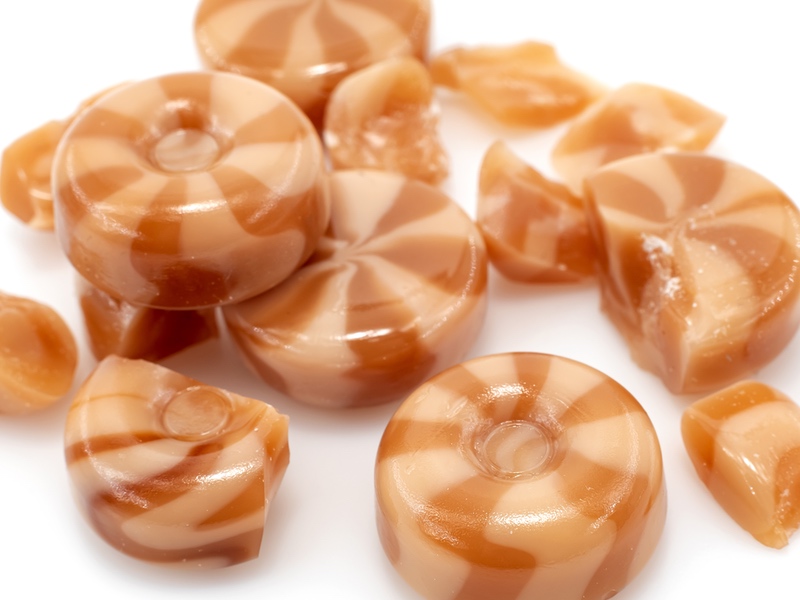Tooth decay, also known as “dental caries,” is a common dental problem that affects people of all ages in <~City~>. It occurs when bacteria in the mouth break down the sugars in food and produce acid, which erodes the enamel on teeth.
Over time, this erosion can lead to cavities, which can cause pain, sensitivity, and even tooth loss. However, tooth decay is preventable with proper dental care and hygiene.
- The first step in preventing tooth decay is to establish good oral hygiene habits.
This includes brushing your teeth twice a day with a fluoride toothpaste and flossing at least once a day. Brushing helps remove plaque, which is a sticky film of bacteria that forms on teeth and can lead to decay. Flossing helps remove plaque and food particles from between teeth, where a toothbrush can’t reach. Mouthwash can also be used as an additional step to kill bacteria and freshen breath.
- In addition to brushing and flossing, it’s important to watch what you eat and drink.
Sugary and starchy foods can provide fuel for the bacteria that cause tooth decay. Try to limit your intake of sugary foods and drinks, such as candy, soda, and fruit juice. Instead, choose foods that are high in fiber, such as fruits and vegetables, which can help clean teeth and stimulate saliva production, which neutralizes acid in the mouth.
- Another way to prevent tooth decay is to make sure you’re getting enough fluoride.
Fluoride is a mineral that helps strengthen tooth enamel, making it more resistant to decay. Fluoride is often found in tap water, so if your water supply is not fluoridated, talk to us at Eric Hull Aesthetic & General Dentistry about fluoride supplements. Fluoride is also present in many toothpastes, mouthwashes, and dental treatments.
- Regular dental checkups and cleanings are also important for preventing tooth decay.
Eric Hull Aesthetic & General Dentistry can examine your teeth for signs of decay and catch problems early, before they become more serious. We can also clean your teeth, removing plaque and tartar buildup that can lead to decay. If Drs. Eric Hull finds any issues, such as cavities or early signs of gum disease, we can recommend treatment to prevent further damage.
In addition to these general preventive measures, there are other steps you can take to protect your teeth in Comstock Park.
- If you grind your teeth or play contact sports, wearing a mouthguard can help protect your teeth from damage.
- If you smoke or use tobacco products, quitting can help reduce your risk of gum disease and tooth loss.
- And if you have a dry mouth, which can increase your risk of decay, Drs. Eric Hull can recommend products to help keep your mouth moist.
Overall, preventing tooth decay requires a commitment to good oral hygiene and regular dental care.
By brushing and flossing regularly, limiting sugary and starchy foods, getting enough fluoride, and seeing your dentist regularly, you can reduce your risk of tooth decay and maintain a healthy smile.
So if you haven’t been to the dentist in a while, now is the time to make an appointment. Eric Hull Aesthetic & General Dentistry can help you develop a personalized plan for preventing tooth decay and maintaining good oral health for life.
Preventing tooth decay is essential for maintaining good oral health. By following a few simple steps, such as brushing and flossing regularly, eating a healthy diet, and seeing your dentist regularly, you can reduce your risk of decay and keep your teeth and gums healthy.
…So don’t wait – make an appointment with Eric Hull Aesthetic & General Dentistry, your Comstock Park dentist today to get started on the path to a healthier smile!
Contact Eric Hull Aesthetic & General Dentistry:
616-784-2377
Location (Tap to open in Google Maps):
769 York Creek Dr NW
Comstock Park, Michigan
49321



